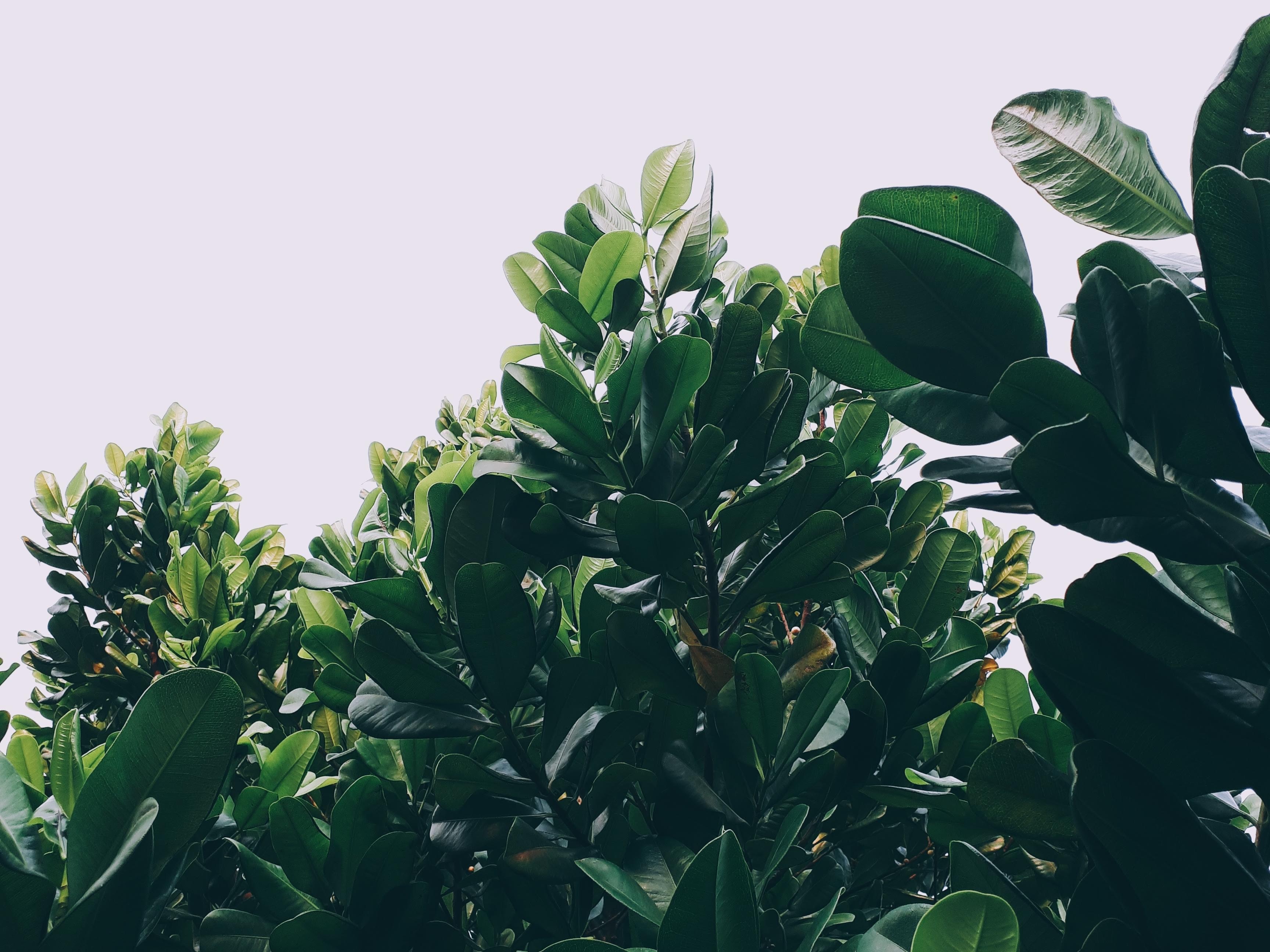Clara Pagac is a self-educated expert in the field of herbalism and a dedicated follower of Wicca. Her bond with nature is profound and she utilizes her extensive understanding of herbs to produce both magical and healing mixtures. Clara is a noted author, with several published works on the subject of herbal magic.
A person who treats others using natural herbs and remedies is called a herbalist. The practice of using plants and their extracts for medicinal purposes is termed as herbalism or herbal medicine. This ancient healing tradition is used worldwide and is a fundamental aspect of holistic and alternative medicine.
🌿 Step into the Enchanting Realm of Herbalism
Herbalists use plant materials such as leaves, flowers, stems, roots, and seeds to create remedies. They believe in the power of nature to heal, and they use their knowledge to harness this power in the form of natural herbal treatments.
Let's delve deeper into the world of herbalism and explore some of the most potent herbs that herbalists commonly use in their remedies.
The remedies created by herbalists can take various forms, including tinctures, teas, capsules, poultices, or salves. Herbalists carefully choose the right form for each herb to maximize its healing properties.
The remedies they create can take various forms, including tinctures, teas, capsules, poultices, or salves. Herbalists may also recommend certain herbs to be used in cooking or to be consumed directly for their health benefits.
✨ Mastering the Art: The Craft of a True Herbalist
Herbalists don't just randomly pick herbs and mix them together. They have an intimate understanding of how different herbs interact with the human body, and they tailor their remedies to the individual needs of each patient. They consider factors such as the patient's overall health, lifestyle, and specific symptoms when choosing which herbs to use.

The best herbal remedies are those that not only treat the symptoms but also address the root cause of the illness. This holistic approach is what sets herbalists apart from many conventional healthcare providers.
Understanding Herbalism
Test your knowledge on the role and practices of a herbalist.
Learn more about 🌿 Understanding Herbalism Quiz: Test Your Knowledge 🌿 or discover other Local Witch Doctor quizzes.
🍃 Unleashing the Healing Power of Mother Nature's Herbs
Herbs have been used in healing for thousands of years, and many modern medicines are derived from plant substances. In fact, the World Health Organization estimates that 80% of the world's population relies on herbal medicine for some part of their primary healthcare. This speaks volumes about the healing power of herbs.
Commonly Used Herbs and Their Medicinal Properties
However, like any form of medicine, herbal remedies should be used with caution. Some herbs can interact with prescription medications, and others may have side effects when used in large quantities or for extended periods. It's always best to consult with a knowledgeable herbalist or other healthcare provider before starting any new herbal treatment.
Herbal Medicine vs Conventional Medicine
Before delving deeper into the role of a herbalist, let's take a moment to understand the key differences between herbal medicine and conventional medicine. This comparison will help us appreciate the unique approach of a herbalist towards healing.
| Aspect | Herbal Medicine | Conventional Medicine |
|---|---|---|
| Basis | Based on natural herbs and plants 🌿 | Based on synthetic drugs 💊 |
| Approach to Healing | Holistic, aims to treat the root cause of the illness 🌳 | Focuses on treating the symptoms of the disease 🎯 |
| Side Effects | Generally fewer side effects, but can interact with prescription medications 🔄 | Can have significant side effects and drug interactions ⚠️ |
| Cost | Usually less expensive, depending on the herbs used 💰 | Can be quite expensive, especially for chronic conditions 💸 |
| Regulation | Less regulated, quality and potency can vary 📊 | Strictly regulated for safety and efficacy 📈 |
| Time to Effect | May take longer to see effects, but results can be long-lasting ⏳ | Usually provides quick relief, but may not address the underlying cause ⏱️ |
Understanding these differences can help us appreciate the role of a herbalist as a custodian of ancient wisdom. Herbalists use their knowledge of plant properties to create remedies that not only treat symptoms but also address the root cause of the illness.
So, next time when you think of natural herbs for healing, remember the role of the herbalist - a custodian of ancient wisdom, a practitioner of holistic healing, and a bridge between you and the power of nature.
To give you a better understanding of how a herbalist works, let's take a look at this video:
As you can see, the process of preparing herbal remedies is a delicate one, requiring knowledge, patience, and respect for nature. Now, if you're interested in delving deeper into the world of herbalism...
If you're interested in learning more about herbalism, you might consider reading some of the books I've written on the subject, or you could consult with a local herbalist to learn more about the potential benefits of herbal medicine.
If you're interested in learning more about herbalism, you might consider reading some of the books I've written on the subject, or you could consult with a local herbalist to learn more about the potential benefits of herbal medicine.





















![The Herbal Remedies & Natural Medicine Bible: [5 in 1] The Ultimate Collection of Healing Herbs and Plants to Grow and Use for Tinctures, Essential Oils, Infusions, and Antibiotics The Herbal Remedies & Natural Medicine Bible: [5 in 1] The Ultimate Collection of Healing Herbs and Plants to Grow and Use for Tinctures, Essential Oils, Infusions, and Antibiotics](https://m.media-amazon.com/images/I/71eYGi1+rWL._AC_SX444_SY639_QL65_.jpg)














